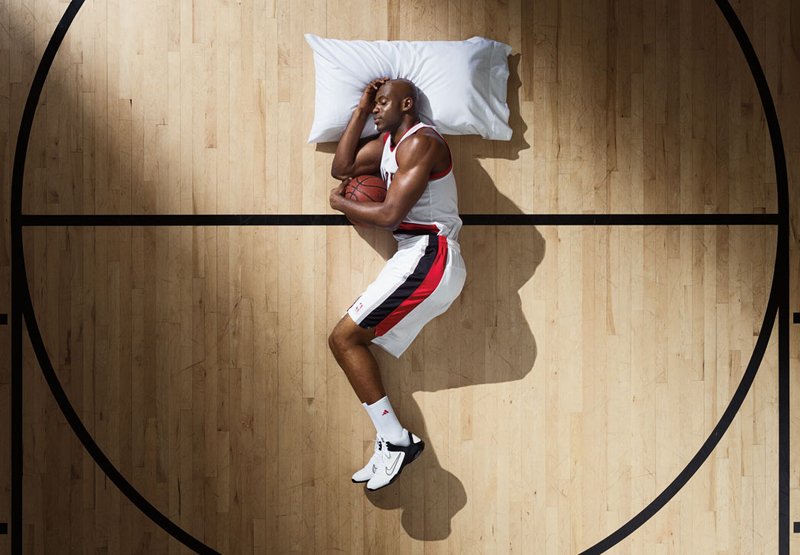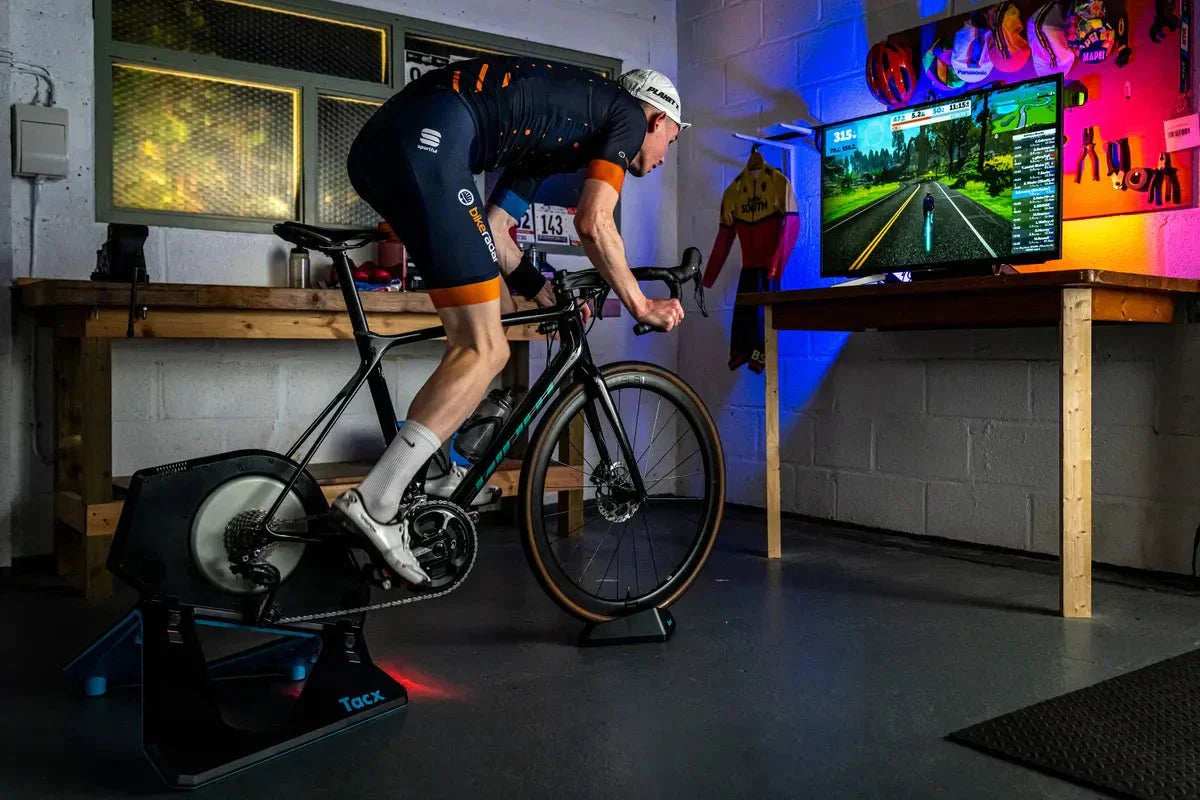
Why Sleep Is the Real Secret Weapon for Working Endurance Athletes
Why Sleep Is the Real Secret Weapon for Working Endurance Athletes
You’re juggling work, family, and training. It’s easy to see sleep as optional. But if you want to hit your next PR, stay healthy, and not feel like a zombie at your 9 a.m. meeting, sleep isn’t a luxury—it’s non-negotiable.
Here’s how sleep affects your recovery, performance, and mental health—and what busy athletes can do to get more out of their nights (and naps).
Quick Takeaways
-
Sleep is the #1 recovery tool for endurance athletes
-
Chronic sleep loss = higher injury risk, lower performance, worse mood
-
Consistency and routine beat “crash” sleep marathons
-
Smart habits, not just more hours, drive real gains
-
Your next breakthrough might start with a better bedtime
Why Sleep Matters for Endurance Athletes
When you’re asleep, you’re actually training.
-
Muscles repair and grow during deep sleep
-
Your brain consolidates skills, decisions, and race tactics
-
Energy stores refill
-
Key hormones reset—cortisol (stress), growth hormone, and more
Cut corners here, and you’ll see it in your splits, your focus at work, and how you handle training stress.
The Payoff: What Enough Sleep Really Gets You
1. Faster Recovery
You recover most when you’re off your feet—not crushing one more workout.
-
Less soreness
-
Better muscle repair
-
Fewer “dragging” days in training
2. Sharper Mind
Need to make race-day decisions, pace yourself, or handle work deadlines? Sleep is your brain’s reset button.
3. Fewer Sick Days
Training hard can hit your immune system. Good sleep builds your defense.
4. Better Hormone Balance
Sleep controls hunger, stress, and muscle growth. Mess this up, and everything gets harder.
The Cost of Cutting Sleep
-
More injuries (bad coordination, slower reflexes)
-
Worse workouts (lower power, stamina, motivation)
-
Crankier mood, less fun training, more likely to skip
Simple Sleep Wins for Busy Athletes
You don’t need fancy tech—just practical habits.
1. Lock Down a Routine
Go to bed and get up at the same time—yes, even weekends. Your body craves consistency.
2. Build a Better Sleep Cave
-
Cool, dark, and quiet
-
Invest in good pillows and a mattress
-
Use blackout curtains or an eye mask
3. Ditch the Late-Night Screen Time
Phones, Netflix, and laptops wreck your melatonin. Shut down screens 60 minutes before bed.
4. Pre-Sleep Rituals
Stretch, read, meditate—anything that tells your body it’s time to wind down.
Avoid heavy meals, caffeine, or alcohol late in the evening.
5. Plan Training and Work Smart
-
Try to avoid stacking hard workouts and late-night work projects on the same day
-
Protect at least 7 hours for sleep—even if you have to cut a workout short sometimes
Bonus Tips: Napping, Nutrition, and Tech
Naps:
-
20–30 minutes after work or lunch can help you recover
-
Don’t nap too late or too long—it’ll mess with nighttime sleep
Nutrition:
-
Eat a balanced dinner, avoid heavy snacks right before bed
-
Stay hydrated but cut back on fluids 1–2 hours before sleep
Sleep Trackers:
-
Use them to spot patterns, not to obsess
-
If your “score” is off but you feel good, trust your body
Real Athlete Examples
Laura, 32, Half Marathoner + Software Engineer:
Fixed bedtime, blackout curtains, read before bed. Result: Slept better, hit a PR, felt human at work.
Mark, 45, Exec + Triathlete:
Mindfulness at lunch, 20-min naps post-workout, less phone in bed. Result: Less fatigue, better training consistency, happier home life.
FAQ: Sleep & Endurance Training
How much sleep do I really need as a working athlete?
Most need 7–9 hours. If you’re training hard, aim for the upper end.
Is it okay to nap?
Yes. Short (20–30 min) naps are great for catching up. Just avoid late afternoon.
What if I can’t fall asleep after evening workouts?
Give yourself time to cool down, eat a light meal, and try relaxing activities before bed.
Does sleep quality matter more than quantity?
Both count, but don’t stress over perfection. Small improvements add up.
Should I use supplements or sleep aids?
Usually not—fix habits first. If you’re still struggling, talk to a doc.
Bottom Line
You can’t out-train, out-caffeinate, or out-supplement a bad sleep routine. Make sleep a core part of your training plan, just like intervals or long runs. You’ll perform better—at work, at home, and on the course.
Want coaching that fits your real life—including smarter recovery and sleep? Book a consult or download my free Sleep Optimization Guide for Athletes. Got sleep questions? Reply here—I answer every one.


